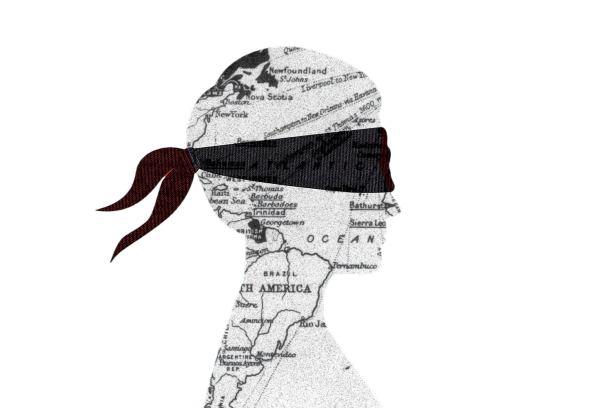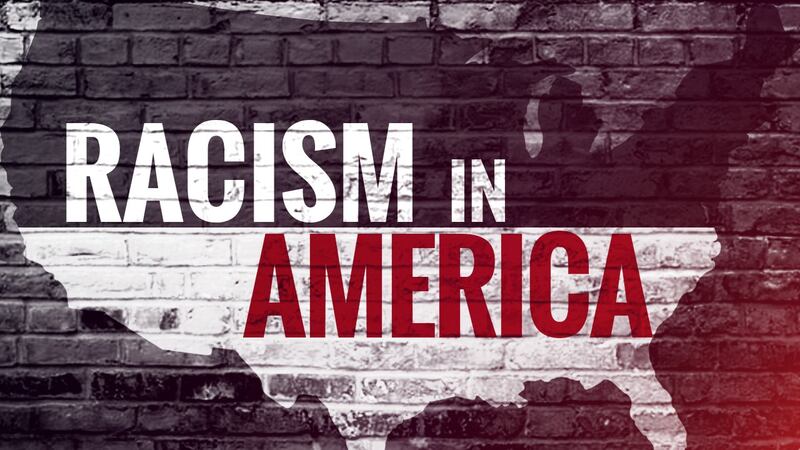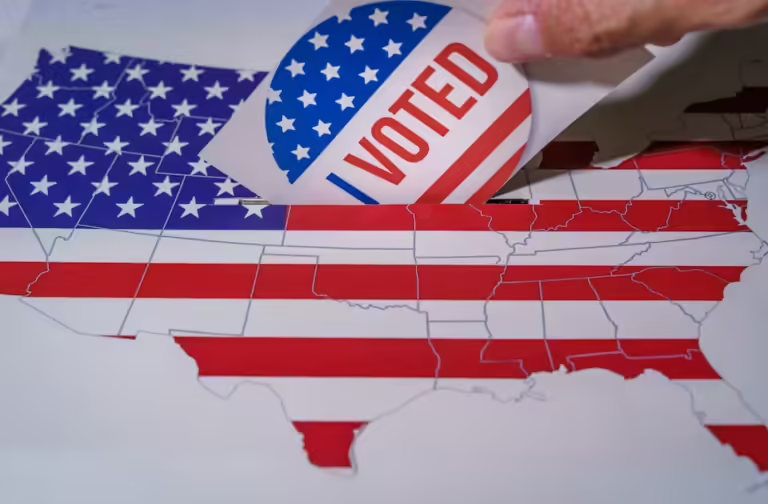Race Relations in America
Race relations in America represent a multifaceted and enduring challenge that has shaped the nation’s history, politics, and social fabric. The intricate dynamics between different racial and ethnic groups have evolved over centuries, leaving an indelible mark on the collective consciousness of the country. To comprehend the present state of race relations, it is imperative to delve into the historical roots, the pivotal moments of progress and setback, and the contemporary challenges that continue to define this complex issue.
Table of Contents
Historical Legacy of Race Relations
The origins of race relations in America trace back to the colonial era when European settlers arrived on Indigenous lands. The institution of chattel slavery further exacerbated racial divisions, particularly with the transatlantic slave trade that forcibly brought Africans to labor in the New World. The exploitation of African slaves laid the groundwork for deeply entrenched racial hierarchies, establishing a system that justified the oppression and marginalization of non-white populations.
The post-Civil War Reconstruction era saw brief attempts at racial equality with the enactment of constitutional amendments and civil rights legislation. However, these efforts were met with violent resistance from white supremacists, leading to the emergence of Jim Crow laws that institutionalized segregation and disenfranchisement. This period highlights the cyclical nature of progress and regression within race relations.
Civil Rights Movement and Legal Milestones
The mid-20th century witnessed a transformative period with the Civil Rights Movement, spearheaded by activists like Martin Luther King Jr., Rosa Parks, and Malcolm X. This movement galvanized nationwide support for desegregation, voting rights, and equal treatment under the law. Landmark legal decisions such as Brown v. Board of Education (1954) and the Civil Rights Act of 1964 aimed to dismantle segregation and discrimination, marking significant milestones in the struggle for racial justice.
Despite these victories, the fight for racial equality faced persistent challenges. Racial tensions were inflamed by incidents like the Watts riots in 1965 and the assassination of Dr. King in 1968, underscoring the deep-seated divisions within American society.

Contemporary Challenges and Debates
In the post-Civil Rights era, race relations in America have entered a complex phase characterized by both progress and enduring disparities. The election of Barack Obama as the first African American president in 2008 symbolized a monumental achievement in racial progress. However, the subsequent rise of the Black Lives Matter movement following high-profile cases of police brutality against African Americans highlighted persistent systemic issues.
Debates surrounding affirmative action, immigration policy, and racial disparities in education and employment continue to shape public discourse. The resurgence of white nationalism and xenophobia underscores the ongoing struggle to confront deep-seated prejudices and inequalities.
Intersectionality and Emerging Narratives
An evolving understanding of race relations emphasizes the importance of intersectionality, acknowledging how race intersects with gender, class, and other identities. This nuanced perspective underscores the diverse experiences of marginalized communities and challenges monolithic narratives of racial identity.
Emerging narratives also spotlight the experiences of Asian, Latino, and Indigenous populations, highlighting the complex interplay of identities in America’s evolving racial landscape. The acknowledgment of historical injustices, such as the internment of Japanese Americans during World War II and the ongoing fight for tribal sovereignty, expands the discourse on race beyond traditional Black-White binaries.
The Path Forward: Towards Reconciliation and Equity
Navigating the path forward requires a comprehensive approach that addresses structural inequalities and promotes meaningful dialogue across racial lines. Efforts to bridge racial divides necessitate robust policies that prioritize equity in education, healthcare, and criminal justice.
Meaningful engagement with history through truth-telling and reparative justice initiatives can foster healing and reconciliation. Grassroots activism, coupled with legislative action, remains crucial in advancing racial justice and dismantling systemic barriers.
In conclusion, race relations in America encapsulate a complex narrative marked by historical trauma, resilience, and ongoing struggles for equality. Understanding this multifaceted issue demands a nuanced appreciation of the past and present realities that continue to shape the nation’s collective identity. By confronting systemic injustices and fostering inclusive dialogue, America can aspire towards a future defined by unity, equity, and mutual respect across all racial and ethnic lines.







